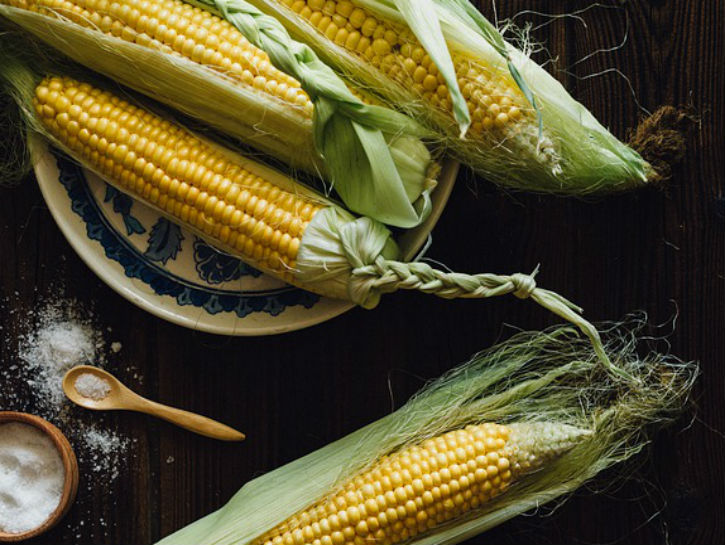Nothing says summer quite like perfectly grilled corn on the cob. But what complicates that delectable side dish is the cumbersome process of husking and detasseling the corn. Save that corn silk after your next BBQ, because there are a lot of purported health benefits tied to the previously discarded part. Read on for our analysis of these claims, and to learn more about this often overlooked food.

Wait, What’s Corn Silk?
Corn silk, also known as tassels, is the fibrous yellow toppers of corn. There’s usually at least one piece of corn silk per kernel of corn. Before cooking, these long strings are usually removed along with the husk, which is the tough green shell of the corn. Corn silk can dried then made into tea in order to harness its medicinal energy; it’s also available in capsule and powder form at health stores. It’s not recommended to consume plain, since it doesn’t stay fresh for very long.

Reported Benefits
While many people simply toss out their corn silk, there are numerous reported benefits. But do they really work?
Claim #1: Corn Silk Lowers Blood Pressure
One of the most well-known claims of corn silk consumption is that it can help lower blood pressure, thus preventing health issues such as hypertension and heart problems. Corn silk has been offered as a natural solution to high blood pressure, rather than complicated medicinal remedies.
Bottom Line: Unfortunately, not enough research has been done with human subjects on this matter. We can’t prove any link between corn silk and lowering blood pressure at this time.
Claim #2: Corn Silk Helps With Hyperpigmentation
Hyperpigmentation occurs when patches of the skin become darker than others. Corn silk offers treatment for this condition both through consumption and topical application.
Bottom Line: We’re pumped to report that corn silk has proven to help inhibit and even reverse this condition in clinical research subjects.
Claim #3: Corn Silk Offers Treatment For UTIs
UTI stands for urinary tract infection, and can be a hassle for many people. Corn silk is said to provide anti-inflammatory support to soothe the urinary tract and bladder. Allegedly, it also makes you urinate, which is supposed to reduce the risk of bacteria build up in your system.
Bottom Line: It’s a bummer, then, that corn silk does not effectively treat the condition of UTI. We’ll have to stick to another natural remedy, cranberry juice, to aid this problem.

Claim #4: Corn Silk Can Help Treat Prostate Cancer
One exciting health claim related to corn silk is that it can be included in treatment for prostate cancer. This is because of the active ingredient maysin, which is a major flavonoid of corn silk. Maysin is an antioxidant and supports the immune system.
Bottom Line: In a study, it was suggested that maysin worked to inhibit cancer cell growth. So keeping the corn silk can be a way for preventing prostate cancer.
Claim #5 Corn Silk Supports Your Kidneys
Corn silk is said to increase our glomerular filtration rate (GFR), which is a key indicator of kidney function. The higher the GFR, the better the kidneys are operating. It’s also commonly regarded as having diuretic properties and has been linked to treatment for kidney stones.
Bottom Line: Unfortunately, supporting studies have only been done with rodents and not humans. Without more thorough research, we do not feel comfortable recommending corn silk for kidney ailments or diuretic benefits.
Claim #6: Corn Silk Is A Good Source Of Potassium
Potassium is an essential mineral linked to lowered risk of stroke, proper bone density, muscle strength, and cardiovascular health. Potassium deficiency symptoms include fatigue, digestive unrest, and overall weakness.
Bottom Line: Consuming corn silk is actually an excellent way to get the daily recommended dose of potassium, as it contains an unusually high amount of this mineral.
Overall, corn silk has some cool health benefits such as preventing prostate cancer and hyperpigmentation mitigation, while also acting as a great source for potassium. However, not all claims about corn silk health are accurate, so do your research before concocting a corn silk home remedy.
